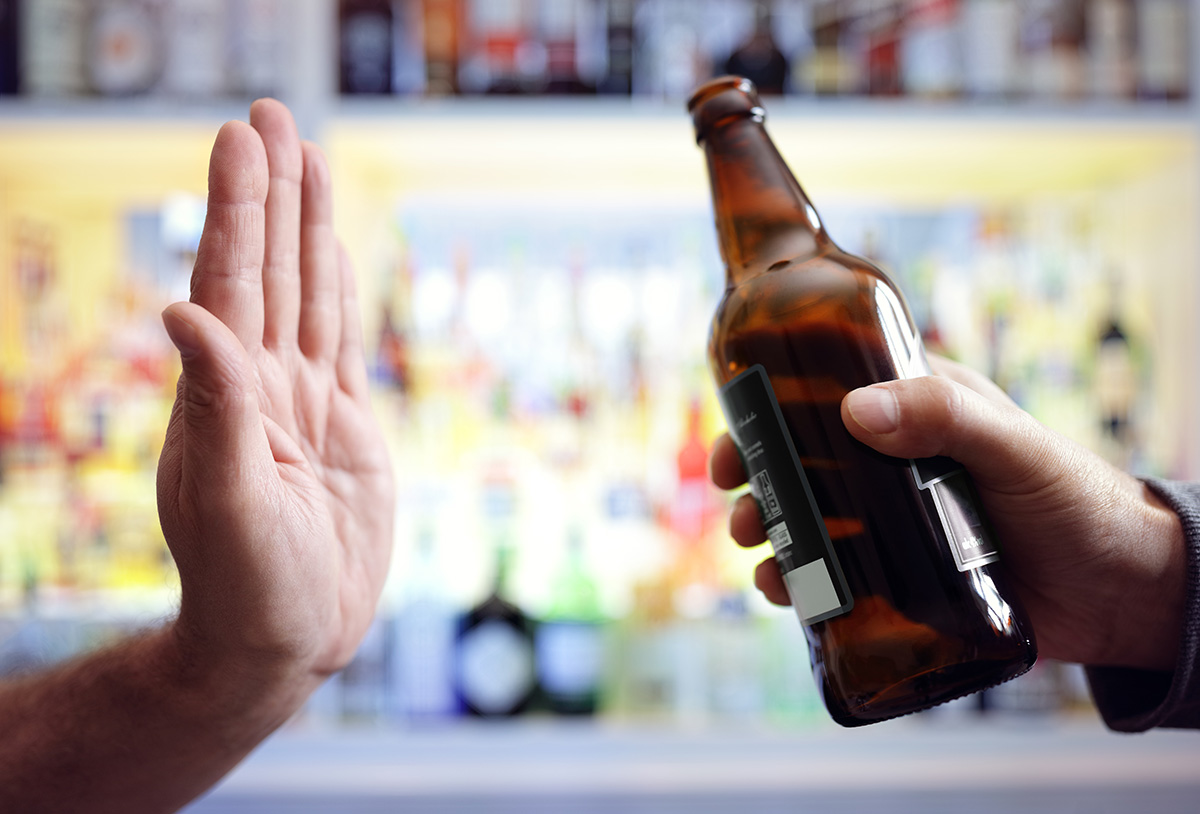

By: Lakeview Health
Women and men differ many ways in how their bodies process alcohol. Now you can add one more way—how their brains react. Many women’s magazines extol the advantages of multitasking, but a new study shows that some women may have a multitasking function they don’t need. The brains of alcohol-dependent women show that different areas of the brain activate in response to alcohol, but don’t deactivate when they should. Scientists are aware of a number of areas where women and men differ in how they process alcohol. They include weight, the ratios of water and fat in the body and women’s lower levels of an enzyme that breaks down alcohol. These reasons explain why women drink less than men but feel the effects faster. It’s also why women can get addicted to alcohol faster than men can. For these reasons, the tables that list levels of safe drinking or binge drinking vary for men and women. Men can safely drink up to 14 drinks per week, but for women, that weekly number is 8. Now research from Indiana University focuses more on the brain and behavior associated with drinking –specifically risk-taking behavior in women. Researchers studied two groups of women by using functional MRIs, which could identify the areas of the brain functioning during a given activity. The women were not drinking alcohol, but were divided into a healthy control group and a group who were dependent on alcohol. After using innocuous items to determine brain responses to high risk and low risk, the women were presented with two extreme options: Accept one free drink when you have a safe ride home or take the equivalent of six shots when you don’t have a safe ride home. In the control group, women’s brains reacted by deactivating sections linked to approaches and activated areas associated with resting state behavior and conceptualizing the future (i.e., what would happen by accepting or rejecting the strong drink). For alcohol-dependent women, the reactions were different. Areas of the brain showed activation for reward, for cognitive control and for resting state behaviors, but didn’t deactivate any area. Nothing that would turn the behavior off meant that the women could not switch between strategies of accepting the one drink option and declining the other. This research adds more information to the picture on risky behavior and women—there’s something behind ‘drinking makes me crazy and I can’t stop.’ Lakeview Health can show you how to stop drinking. Contact our intake counselors at 866.704.7692 or on Live Chat. We can give you the therapy and tools you need to make the change for good.





